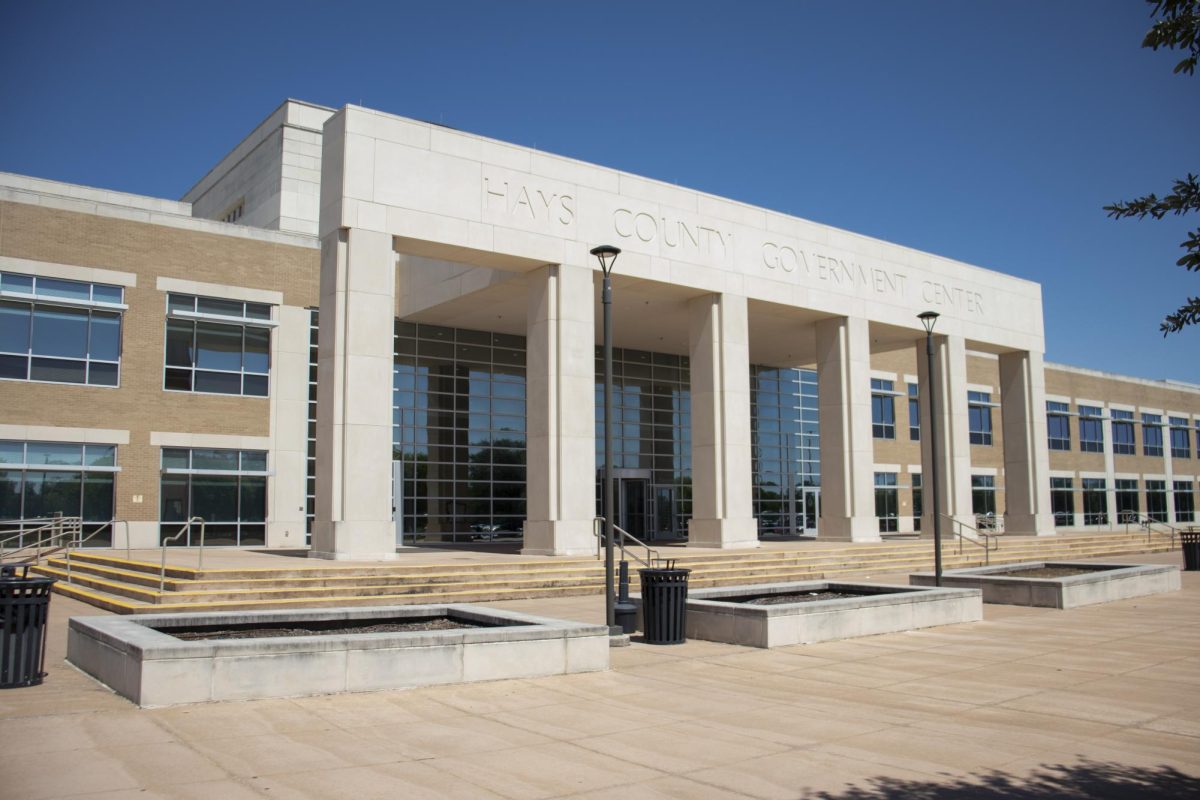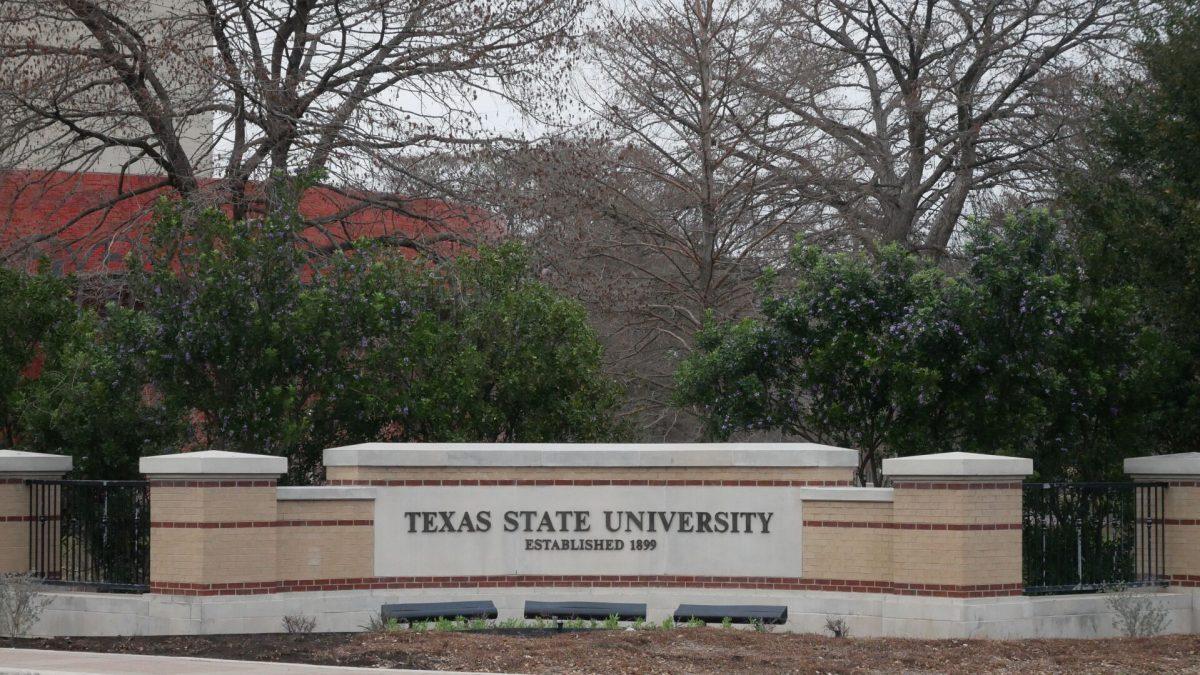Some Hays County law enforcement agencies are unable to account for missing evidence in some criminal cases, causing complications for investigations.
According to a January pretrial court hearing for DeVonte Amerson, a man charged with capital murder in connection with the 2015 death of Texas State Student Justin Gage, the San Marcos Police Department (SMPD) mishandled evidence dating back to at least 2018.
During Amerson’s hearing, the defense and prosecution agreed that some evidence was lost in 2018 due to a system upgrade by SMPD. The evidence lost was enough for 22nd Judicial District Judge Bruce Boyer to say he would issue a spoliation instruction, which is an instruction to the jury telling them some evidence was mishandled.
“They lost a lot of evidence,” David Sergi, Amerson’s attorney, said in a press conference after the hearing. “The judge did grant, and the good news is that when we do go to trial, he granted a spoliation instruction.”
Contrary to the spoliation instruction and the rest of the court hearing, a public information request (PIR) filed by The Star to the San Marcos Police Department did not return any records related to the 2018 computer upgrades or evidence lost during the upgrades.
According to the city of San Marcos, there were “no records responsive to the request,” which asked for information about the computer upgrades, any communications related to the upgrades and any evidence lost or damaged in the upgrades.
A separate PIR The Star filed to SMPD for any cases they were involved in where spoliation instructions were issued also returned no results.
“The San Marcos Police Department does not maintain the public records you are requesting. Any information related to judicial findings or jury instructions related to misconduct might be maintained with the Hays County District or County Clerk’s offices,” SMPD records custodian Gavin Alley wrote in response to the request.
After Alley’s response, The Star filed a PIR to both the Hays County Criminal District Attorney’s office and the Hays County Clerk’s office. The requests sought records related to evidence mishandling, including spoliation instructions issued, cases dismissed due to evidence mishandling and disciplinary records related to the mishandling of evidence.
The Hays County District Attorney’s office said they do not track that data.
“The Hays County Criminal District Attorney’s Office does not have a repository for the sorts of information/statistics for which you’re seeking related to lost, destroyed, mishandled evidence,” Jordan Powell, civil first assistant criminal district attorney of Hays County, wrote in response to the request. “In addition, when a case is resolved in one manner or another, there’s not a list or database kept for the reason for the resolution.”
According to Powell, to get that information, the DA’s office would have to look through every criminal case covered in the request. According to an invoice for the request, the DA’s office would have to manually sort through 51,500 cases.
“One would have to pull and analyze each individual file to determine the reason for which they are on the list,” Powell wrote.
When asked why their office does not track information related to case outcomes, Hays County DA Kelly Higgins said it is due to technological limitations.
“Our office is currently saddled with case management software which doesn’t give us much help there,” Higgins wrote in an email. “Over the coming months, we will be rolling out a new system, Techshare, which promises to be very helpful.”
TechShare is a statewide collaboration that develops software to help Texas justice agencies better manage and share information.
It is unclear if the DA’s office will work to catalogue past cases in Techshare. It is also unclear if this will continue to impact cases such as Amerson’s.





















